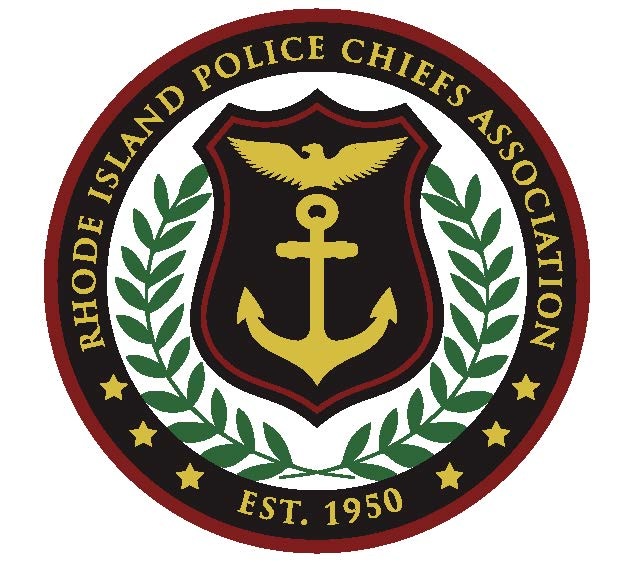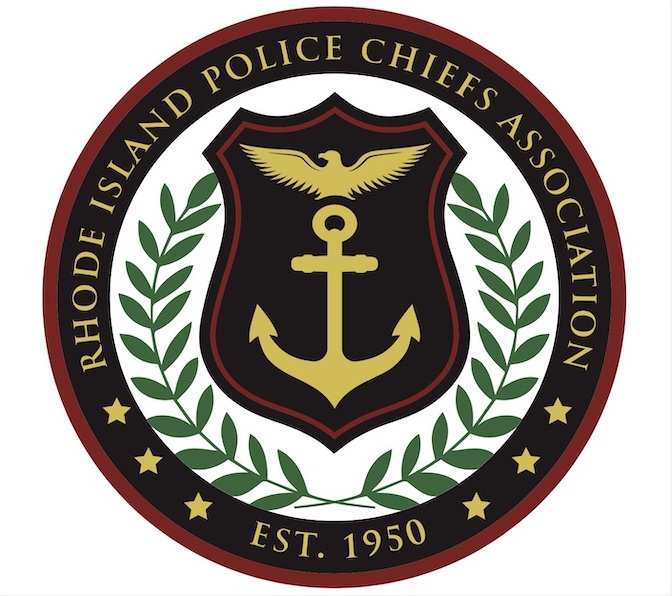Rhode Island Police Chiefs Association: fans don't let fans drive drunk

FOR IMMEDIATE RELEASE
February 9, 2024
The Rhode Island Police Chiefs Association today reminded drivers to celebrate Super Bowl Sunday responsibly.
“Police departments around Rhode Island will have additional patrols on the road to identify and apprehend impaired drivers,” said Colonel Bradford Connor, Warwick Chief of Police and President of the Rhode Island Police Chiefs Association. “It’s a time to celebrate but please make a plan to get home safely. Designate a driver, use ride share or stay where you are – just don’t get behind the wheel.”
The additional patrols are funded through the Office of Highway Safety with support from the National Highway Traffic Safety Administration.

Background on impaired driving
The first offense for driving under the influence of liquor or drugs carries several penalties:
- Possible jail sentence of up to one year at the ACI.
- Mandatory license suspension from three to eighteen months.
- Mandatory community service from 10 to 60 hours.
- Fines of not less than $100, nor more than $500
- Fees can easily reach a few thousand dollars.
Rhode Island law requires you to submit to a chemical test of your blood, breath, or urine for the purpose of determining the chemical content of your body fluids or breath.
If you refuse this testing, certain penalties can be imposed and include the following:
- For a first offense, your Rhode Island driver’s license or privilege to operate a motor vehicle in this state can be suspended for six months to one year or modified to permit operation in connection with an ignition interlock device for a period specified by law; a fine from $200 to $500 can be imposed; and you can be ordered to perform 10 to 60 hours of community service and attend a special course on driving while intoxicated or under the influence of a controlled substance and/or alcohol or drug treatment.
- If you have had one or more previous offenses within the past five years, your refusal to submit to a chemical test of breath or urine at this time can have criminal penalties, including incarceration up to six months for a second offense and up to one year for a third or subsequent offense, and can carry increased license suspension or ignition interlock period, fines, and community service.
###
